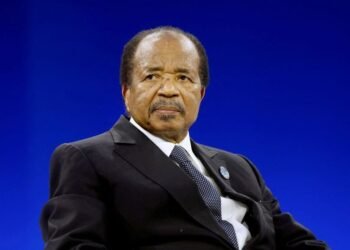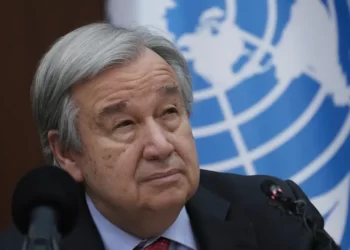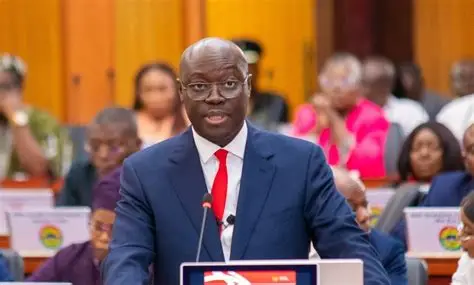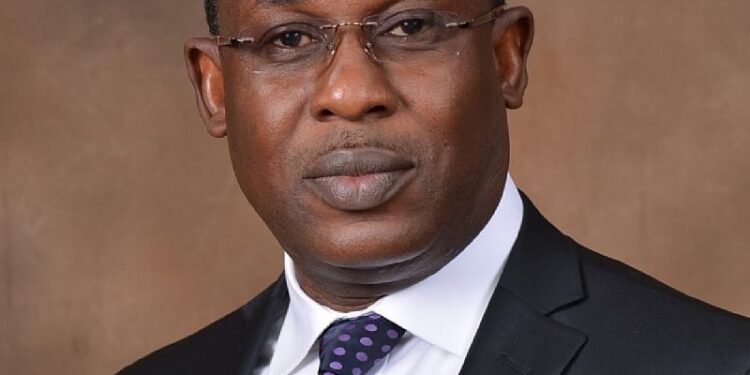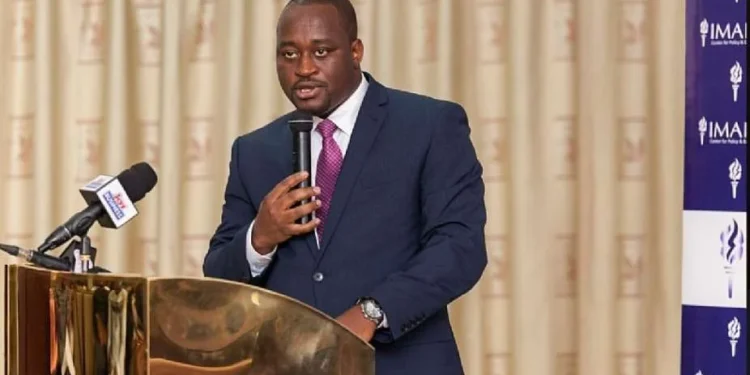Presidential hopefuls in Senegal officially launched their election campaigns on Saturday, March 9 after a series of violent protests erupted across the country due to a delayed vote.
Nineteen candidates, all approved, are now racing against the clock to gather support ahead of the March 24 election. This contest is anticipated to be one of the most fiercely contested since Senegal’s independence over sixty years ago.
The recent unrest sparked worries in a nation that was once hailed as a model of democratic stability in West Africa, an area often troubled by coups and instability.
President Macky Sall, unable to seek re-election due to term limits, delayed the upcoming election last month. Originally scheduled for February 25, Sall’s decision to push it back by 10 months sparked widespread unrest and opposition protests across Senegal.
Despite Sall’s move, the Constitutional Council, Senegal’s highest election authority, rejected the postponement and instructed the government to promptly set a new election date. Government spokesman Abdou Karim Fofana announced the new date earlier this week.
Alioune Tine, founder of the Senegalese think tank Afrikajom Center, noted that the delay may advantage candidates with greater financial resources due to the shortened campaigning period.
“It’s going to be a hard-fought battle,” said Tine, adding that there is no clear favorite.
The majority of the election campaign and the voting process would coincide with the Muslim holy month of Ramadan, during which devout Muslims observe fasting from dawn till dusk. Ramadan is anticipated to commence at sundown on Sunday, March 10 contingent upon the sighting of the moon.
Senegal, with a predominantly Muslim population, will navigate through this crucial political period while honoring this sacred tradition.
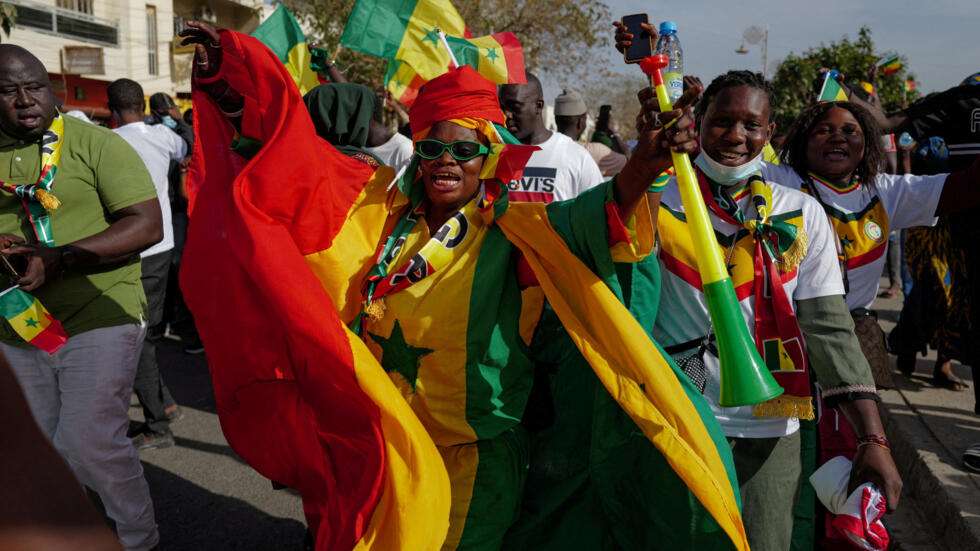
Notable Candidates And Possible Challenges Post-Elections
Former Prime Minister Amadou Ba, nominated by the ruling party, is expected to be one of the front-runners. Another candidate to watch is Bassirou Diomaye Faye, who gained popularity while leading the now-dissolved PASTEF party, despite being incarcerated.
Bassirou Diomaye Faye, detained for nearly a year, is set to be released just in time for the upcoming elections following a presidential decree that grants amnesty to political prisoners.
Filling in for incarcerated opposition leader Ousmane Sonko, who is disqualified from running after being charged with corrupting youth and sentenced to two years in prison in June 2023 Diomaye Faye has become a significant figure in the electoral landscape.
Other notable candidates include Khalifa Sall, a former mayor of Dakar making his fourth bid, and Idrissa Seck, a former prime minister. Anta Babacar Ngom, the head of Sedima, one of Senegal’s major food companies, stands out as the sole female candidate in the race.
Regardless of who wins the race, the incoming president of Senegal will confront many challenges.
Among these challenges is the imperative need to restore political stability and rebuild public trust in the government, particularly in the wake of recent political unrest and protests stemming from the delayed elections.
Additionally, addressing the prevalent economic challenges, encompassing unemployment, inflation, and stagnant growth, is vital to enhance the populace’s living standards.
Moreover, heightened terrorism threats in the region necessitate the implementation of a robust security strategy to safeguard the nation.
Concerns regarding the erosion of fundamental rights, such as freedom of expression and assembly, further underscored the delicate balance required between security measures and civil liberties.
Furthermore, emphasis on the establishment of strong institutional frameworks has been stressed by analysts for the advancement of West African societies, thus the new president must prioritize efforts to fortify these institutions to foster the country’s development.
Lastly, addressing deficiencies in the healthcare system and education sector will remain paramount for ensuring the long-term prosperity and well-being of the Senegalese people.






